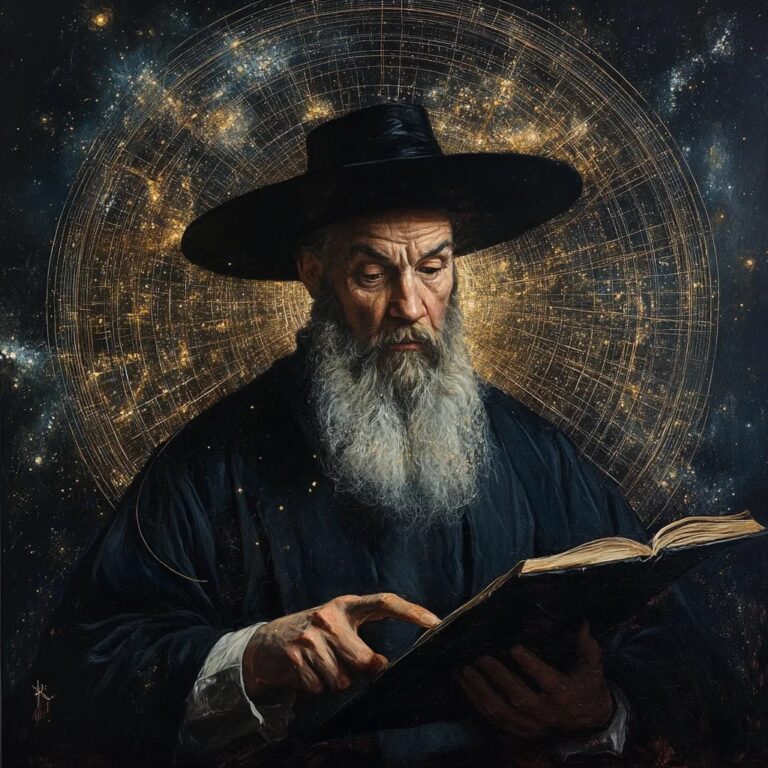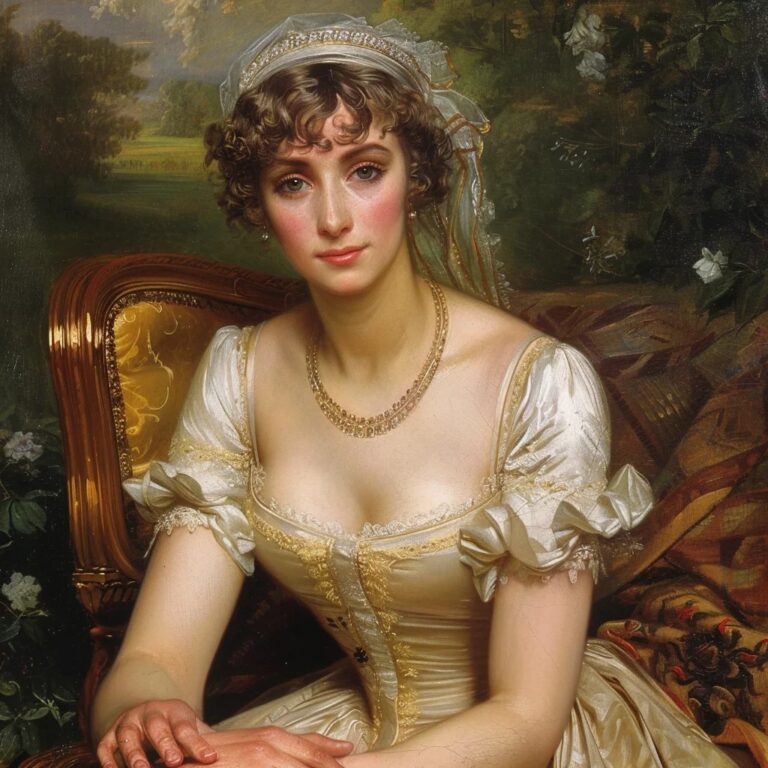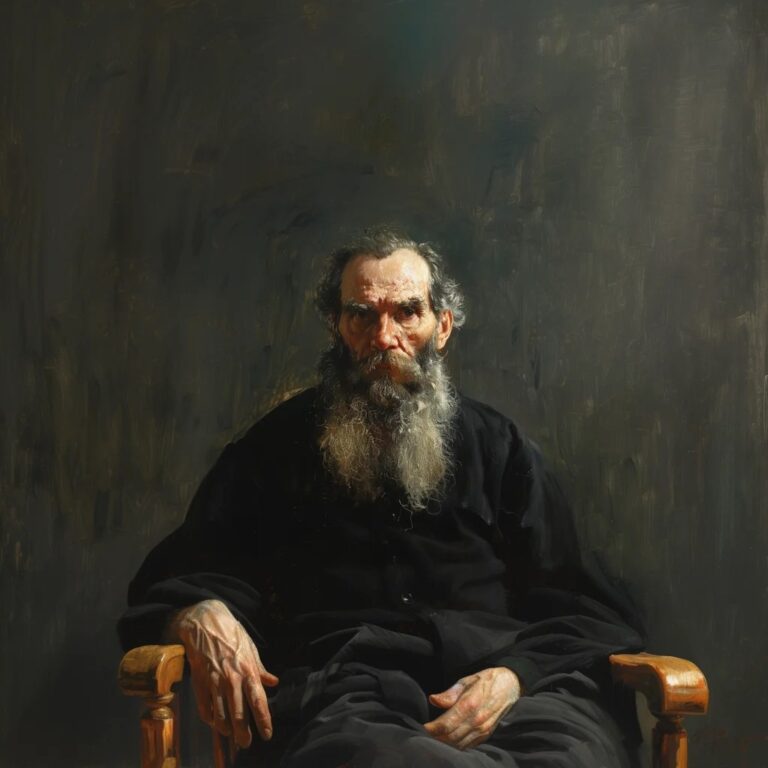Nostradamus was born on December 14, 1503, in Saint-Rémy-de-Provence, France.
His full name was Michel de Nostredame.
He initially worked as a physician and successfully treated many victims during the plague.
Nostradamus wrote his prophecies in rhymed quatrains, which are four-line poems.
'Les Prophéties,' his most famous work, was first published in 1555 and has rarely been out of print since his death.
He often used a mixture of French, Latin, and Greek in his quatrains to obscure their meanings.
Nostradamus was a contemporary of other Renaissance figures such as Leonardo da Vinci and Michelangelo.
He married twice and had six children.
Nostradamus' prophecies have been interpreted to predict events such as the French Revolution, the rise of Napoleon and Hitler, and the September 11 attacks.
He was also known for his almanacs, which contained predictions for each year and were widely popular.
Nostradamus believed that his visions came from divine inspiration and the alignment of celestial bodies.
Despite his fame, he faced criticism and skepticism from some of his contemporaries.
He served as a personal physician to King Charles IX of France.
Nostradamus' works have influenced popular culture, inspiring books, films, and television shows.
He died on July 2, 1566, and was buried in the Church of the Cordeliers in Salon-de-Provence, France, where his tomb remains a site of interest.


